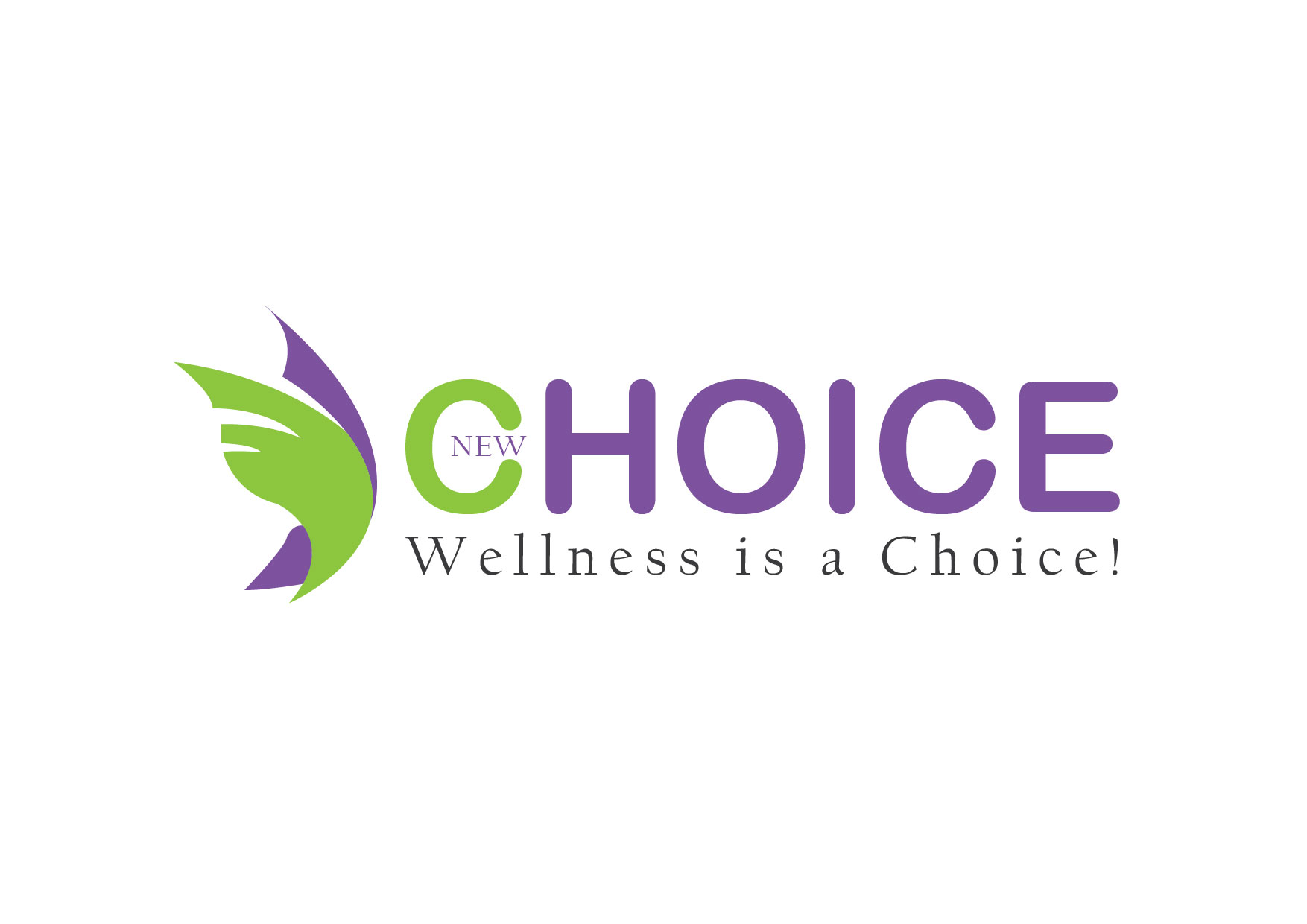Accessing Cognitions of Choice
In this course you will:
- Learn a New Choice Thinking Model that you can easily teach to your clients
- Learn how to apply the Cognitions of Choice to assist your clients in developing critical and creative thinking
- Acquire a universal system of coaching that can be utilized and applied to any client
- Understand personality traits and be able to guide your clients in learning more about their own personality traits
- Assist your clients in learning how to access their choice cognitions to improve their lives
- Teach your clients how to restructure unhealthy habits, patterns of thinking or feeling
- Teach your clients how to invite, investigate, and initiate change
- Teach your clients how to access automatic thought, meta-thinking, and mindfulness
- Help clients explore critical and creative thinking
- Assist your clients in learning how to reach their goals
- Learn a new coaching tool, Creating Confidence Thinking Assessment to focus collaborative coaching efforts
- Assess yourself using the Creating Confidence Thinking Assessment and learn how to interpret the assessment
- Assess two clients the Creating Confidence Thinking Assessment and learn how to interpret the assessment
- Gain the confidence to utilize New Choice Thinking, Cognitions of Choice, and the Creating Confidence Thinking Assessment with your clients
Cognitions are not just the thoughts we hold but incorporate the actions we take based upon these patterns of thinking. Cognitions connect to our values and personality traits that create our neural hotwiring or programming that construct our social perceptions and life choices. Our cognitions guide our habits of being and life philosophy.
Cognitions of Choice (COC) represent concepts, constructs, or percepts to which the individual places relational meaning; personal relevance, associative memory, or value. These symbolic representations connect to thoughts, feelings, and underlying beliefs. The experiences that connect these representations to the belief structure serve to form perceptions that construct the individual’s values that drive actions, decisions, and choices.
Cognitions of Choice are dispositional traits, attributes, percepts or cognitive skills used to neutralize negative self-defeating cognitions that interfere with self-harmony and creating balanced life choices. These cognitions or percepts not only offer patterns of thinking that may be deeply programmed or engrained at the level of core identity but also offer intuitive guideposts for making healthy life choices. If they are not already present within the parameters of thought, with practice they can be taught at varying levels of cognition and become a part of the integrated life filter or functional force as a means of offering psychological immunity.
The Cognitions of Choice Model offers a network of neural programming percepts that engages self-dialog between automatic thinking, critical and creative thinking, mindfulness, and integrated life choices. COC’s can be used to realign the incongruences between values, beliefs, and actions to create healthy choices and life-decisions. It evokes an active process of resiliency and hopefulness for living in the present with a healthy respect for future orientation and a transcendent wellness perspective.
Learn to teach your client how to access their choice processing system:
Level 1: Unconscious (Automatic thought)
Level 2: Meta (Thoughts about thinking)
Level 3: Conscious or Mindfulness
Healthy Outcome: Integrated or Authentic Perception
Teach Your Clients How to Access their Choice System To:
Level 1: Invite Change
Level 2: Investigate Change
Level 3: Initiate Change
Restructuring of thoughts, feelings, and behaviors to connect to the core beliefs will allow the individual to focus attention, become more analytical and tap into critical and creative thinking. Connecting the beliefs to actions, decision making, and choice will allow realignment with core values. Matching beliefs and values will reduce incongruences and allow the individual to engage in critical and creative thinking. Realigning beliefs, actions, decision making and choice to core values will assist the individual in creating or restoring life balance.
Getting to the core beliefs and values can be an ongoing process, as the individual may not be consciously aware or have integrated their beliefs and values to perceptions of healthy relationships. Assisting them in identifying incongruences in thoughts, feelings, and behaviors is part of taking responsibility for self, and making a commitment to others. Considering how this matches up with beliefs and values is a step toward developing, repairing, or maintaining healthy relationships.
Utilize a New Assessment to help your clients build confidence in developing choices
At times people feel unequipped to change because they lack skills, or self-knowledge, or do not have a clear vision of what they need to do to improve their lives. The cognitions of choice can be utilized to specifically address a dispositional trait that is needing further development or was identified by the client as a focus in treatment that they desire to explore and improve. In this course, you will learn how to administer and interpret the Creating Confidence Thinking Assessment that can be utilized to identify obstacles to healthy choice making which will provide a focus in coaching to assist your client in reaching their goals, improving their life, or learning more about themselves. Administering the Creating Confidence Thinking Assessment will offer useful information that will assist the coach and client in collaboratively deciding where to begin coaching efforts to development confidence in making choices.
